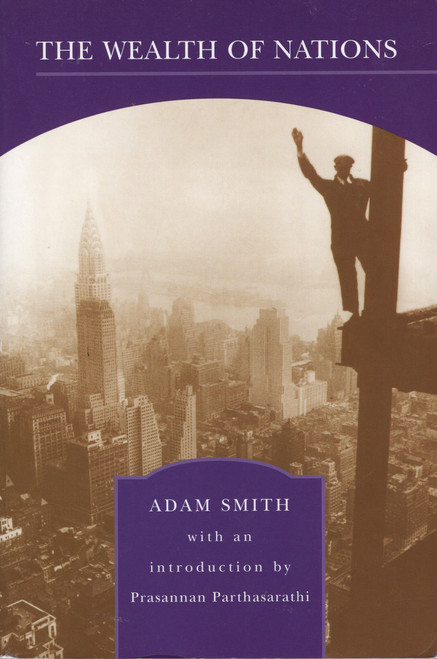Political economy had been studied long before Adam Smith. But Wealth of Nations (1776) established it for the first time as a separate science. Smith based his arguments on vast historical knowledge, and developed his principles with remarkable clarity. What set this work apart was its statement of the doctrine of natural liberty. Smith believed that "man's self-interest is God's providence" - that if government abstained from interfering with free competition, the invisible hand of capitalism would emerge from the competing claims of individual self-interest. Industrial problems would be resolved and maximum efficiency reached. After more than two centuries, Smith's work still stands as the best statement and defense of the fundamental principles of capitalism.
Editorial Reviews
"Adam Smith's enormous authority resides, in the end, in the same property that we discover in Marx: not in any ideology, but in an effort to see to the bottom of things." --Robert L. Heilbroner
About the Author
Adam Smith (1723-1790) was a Scottish economist and philosopher who is best known for his book The Wealth of Nations, which was published to great acclaim in 1776, had a profound influence on modern economics and concepts of individual freedom.







